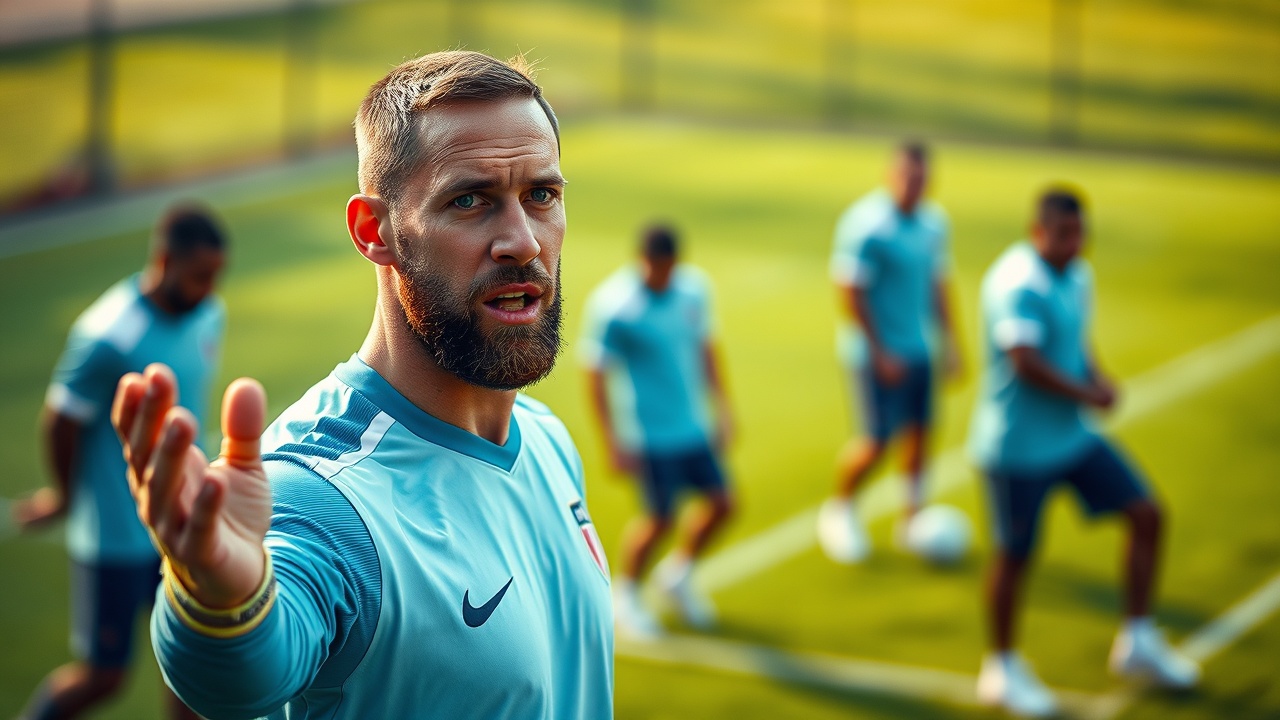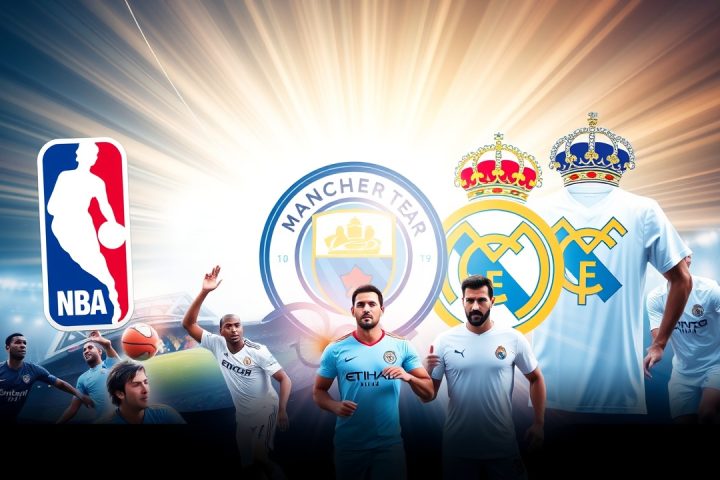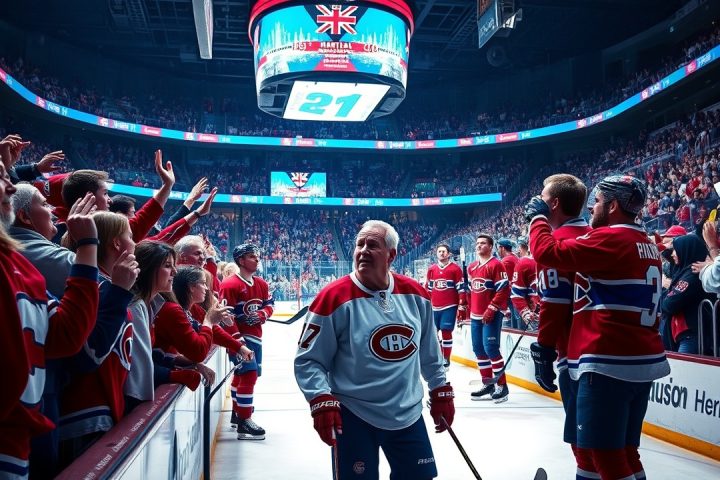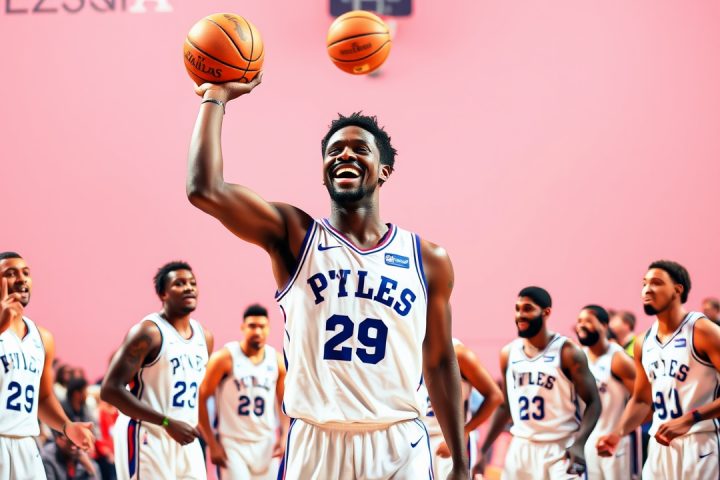Tim Howard’s Concerns on FIFA’s Anti-Racism Efforts
Tim Howard, recognized as the most-capped goalkeeper for the U.S. men’s national soccer team, has voiced his concerns regarding FIFA’s approach to combating racism in the sport. His statements come in light of FIFA’s recent decision to scale back its anti-racism efforts during the ongoing Club World Cup being held in the United States. Unlike previous high-profile tournaments, such as the 2022 men’s World Cup in Qatar and the women’s World Cup held in Australia and New Zealand this year, FIFA has opted not to display videos or signage promoting its “no racism” or “no discrimination” messages at stadiums or via social media channels. Additionally, the organization’s “Unite for Inclusion” campaign appears to be missing this time around.
Racism in Soccer and the Need for Continuous Messaging
In a candid interview, Howard emphasized the persistent issue of racism in soccer and America, stating,
“Racism is sadly still very much present. We’ve made strides over the years, yet it feels like we’re backtracking. The environment is tense.”
He advocated for a continuous reinforcement of anti-racism messaging, asserting,
“There’s never a wrong time to elevate this issue. If a campaign is significant, it should resonate everywhere and all the time.”
Instead, FIFA has reverted to its broader slogan, “Football Unites the World,” during the tournament. On June 18, the organization did briefly acknowledge its anti-racism campaign with signage, coinciding with International Day for Countering Hate Speech, merely after initial backlash about its absence.
Criticism and Calls for Action
FIFA faced criticism from various advocacy groups for this apparent retreat in its commitment to anti-racism. When queried about possible influences from the current political climate in the U.S. — particularly President Trump’s efforts to diminish federal diversity, equity, and inclusion initiatives — FIFA maintained its stance of neutrality regarding political matters, asserting its zero-tolerance policy toward racism and discrimination.
Kick It Out, a prominent anti-discrimination organization in the UK, labelled the changes as “worrisome” and urged FIFA to reconsider its stance. Evan Whitfield, chair of the Human Rights Soccer Alliance (HRSA), a newly formed coalition of former players and social organizations, echoed this sentiment, expressing that anti-racism messaging must be consistent worldwide. He remarked,
“A vague message like ‘football unites the world’ fails to adequately address the necessity for clear communication, especially for newcomers to the sport. If FIFA could project strong anti-racism messages in countries like Russia and Qatar, it should extend the same effort in the United States.”
The Role of Players and Future Campaigns
Howard highlighted the influential role players can play in this narrative if FIFA falters. He stated,
“Players have the ability and the responsibility to advocate for meaningful change, regardless of FIFA’s initiatives. There are always chances to take a stand against racism, whether or not there’s an official campaign. While eradicating racism won’t happen overnight, we must aim for it.”
In a related note, Howard reinforced that FIFA has recently opened disciplinary proceedings against Gustavo Cabral, a player for CF Pachuca, in connection with allegations of racial abuse directed at Real Madrid’s Antonio Rudiger during a Club World Cup match. Additionally, fans at the recent Monterrey versus Borussia Dortmund match were cautioned that the game could be suspended due to repeated homophobic chants.
When asked if he desires stronger messaging from FIFA for the upcoming World Cup set to take place in the U.S., Howard replied,
“Any campaign should retain its potency. Players and fans should demand impactful messaging whenever possible.”
He also hinted at the potential for next year’s event to re-emphasize these critical issues.
Reflections on Political Engagement and Youth Soccer Accessibility
In an intriguing turn of events, two players from the U.S. national team, Weston McKennie and Timothy Weah, found themselves at the White House during the Club World Cup’s match day while representing Juventus. Their presence at the White House culminated in an awkward situation where they were in attendance as President Trump discussed geopolitical matters.
Weah reflected on the encounter, revealing,
“It was unexpected; I felt obliged to attend. It was a bit odd when he steered the conversation towards politics— all I wanted was to focus on football.”
Howard remarked on such invitations with respect for the institution of the presidency, while also affirming the importance of choice in attending such events. He stated,
“As an American, the White House represents something profound. Regardless of who occupies the office, I would encourage anyone to seize the opportunity to visit. Yet, it’s crucial to also feel empowered to decline, based on the moment’s significance.”
Lastly, Howard expressed his deep concern about accessibility in youth soccer, citing the predominant pay-to-play model as a barrier that inhibits talented individuals from pursuing their dreams. He shared his perspective, noting,
“The current system is flawed and it needs reform. Many families lack the financial means to prioritize youth soccer, resulting in missed opportunities. We need to explore ways to make soccer more inclusive, ensuring all children, regardless of their background, can engage in the sport. Demanding systemic changes will help our country cultivate better soccer talent and ideally produce a World Cup champion in the future.”




